I, Olga: An interview with actress Michalina Olszańska and director Tomãs Weinreb
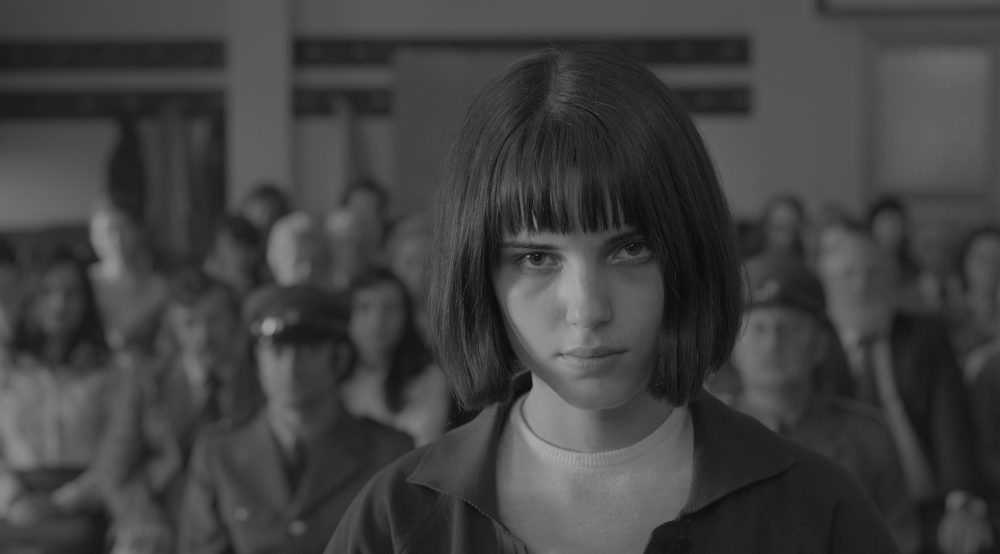
I, Olga is a new Czech film telling the story of Olga Hepnarová, the last woman to be sentenced to the death penalty in Czechoslovakia. She is a troubled young woman, and directors Tomãs Weinreb and Petr Kazda depict the journey that led her to commit a terrible crime. We caught up with Michalina Olszańska who plays the eponymous Olga, and one of the film’s directors, Tomãs Weinreb, to talk about how you tread the line between fact and fiction when making a biopic, and why it was so important to find the humanity in Olga’s story.
Michalina, what attracted you to this part? I imagine it was a very challenging role to take on.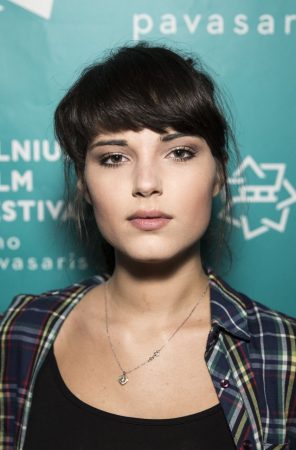
Michalina Olszańka: It’s a difficult question, because I was very young, or I mean younger than I am now, when we filmed this. When you’re a young actress looking for challenges it’s more about instincts. So when I read the script, even before the casting, I felt that Oh my God, I want to tell this story with them, I want to be a part of it. Because I myself love dark topics, I love it, and after Olga I’ve almost only played “bad guys”, which is very interesting for an actress! But also challenging for a human being. But I think the bad guys – as long as they’re not pure villains like in Disney movies – are the most interesting people because, like Oscar Wilde said, “when we are happy we are always good, but when we are good we are not always happy”. We know from fairy tales the good people always win and the bad guys just don’t. But I think it’s the other way round: when you win you’re a good person but something happens when you feel lonely, like Olga, when you have a bullet for a heart or something, you want revenge. You become this monster. So when I was a teenager I was kind of an emo, not a big emo but I felt like that, so when I played Olga I had to dig out that feeling. It was important for me, a kind of catharsis. It really was.
The film is set in Czechoslovakia, and all in Czech too – as you’re Polish, was the language barrier also difficult to overcome?
MO: Oh yes, that was difficult, but fortunately I don’t speak a lot in the movie. And it’s dubbed actually. I had to speak of course, but I will never lose the accent so they dubbed it, which is better for the movie. But fortunately what was most important for the role was the gaze, right? Words are just needed to explain the story.
Did you know the story before getting involved in the project?
MO: No I didn’t, it’s not famous in Poland. But it was a co-production between the Czech Republic and Poland so they were looking for the actresses in Poland and they found me! But I was so excited, it was one of my first big roles, so I got very deeply into it.
As the film is based on real life, I imagine there were a lot of documents available to you for your research. But with the theme of Olga’s sexuality, and the way she struggles with that, there can’t have been that much documentation. So how did you go about filling in the gaps?
MO: Well finding the documentation was all the directors’ task! But what I will say is that I didn’t want to copy the real person and create the “real Olga”, I wanted to create someone based on her, like a symbol. She’s such a lost girl. So I didn’t read a lot about her, I didn’t watch too many documentaries about her. And of course we know that she was a lesbian because Miroslav told us, her last boyfriend (I met him by the way, it was amazing), but I don’t think it was a challenge at all. Of course, the 70s were different to the way it is nowadays, but as you can see in the movie it wasn’t such a big deal then either. The problem is not that she was a lesbian but that she couldn’t find love, be it with a girl or boy. So that was the topic: she was searching for love and she never found it.
Do you think that stories about female murderers fascinate the public more so than stories about male killers? And if so, why?
MO: Of course, because it’s quite rare. You know, she drove a truck into a group of people, and she was so small, so weak, so thin and it’s kind of fascinating. When we see a big, strong terrorist [man] we know that there is something…and it’s not interesting. But when you see such a little girl murdering, it’s weird isn’t it? It’s a good story.
Olga isn’t made out to be a character we can particularly sympathise with. Although the film tells the human story behind the terrible crime, we don’t necessarily like her by the end of it. Tomãs, did you specifically want to keep the audience slightly distant?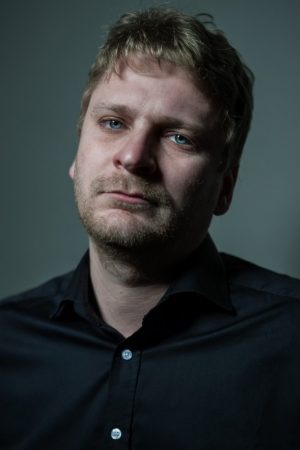
Tomãs Weinberg: You know, I think the whole film is “at the edge” – Olga and everything, and stylistically it’s also at the edge. There are distant shots, and also close-ups, and Micha’s face was very important. In the second part we have more words, because we try to explain what she does with the letter, but really we think it’s impossible to explain. The first part is really more important for explaining it than the second, maybe. And yes, it was sometimes deliberate that in some scenes she was distant and others not. But you see it in the feedback, some say it’s very distant, others that it’s not. What’s important is that our film is “crossed”. It’s not only about making the audience feel distanced from Olga; there are some scenes that suggest one thing, and then there are the words at the end, and they are connected only in Olga’s mind, not in a rational way. It’s irrational.
MO: Well, we didn’t want to justify what she did. I mean she killed people, you can’t do that, come on! But it’s a tough question! I didn’t think about it. I guess in some ways, I love Olga. I spent a lot of time with her – like with a ghost, thinking about her – so it’s not like I hate her, it’s not like playing Hitler. And even then, if you’re playing Hitler you have to find something in him, otherwise it’s just Disney. There’s no point in playing a straight-up villain, you have to find something. But it’s up to the viewers what they think and feel.
Arguably, the ending of the film sends a certain message about whether or not Olga should have been executed. Is the film making a particular statement about the death penalty?
MO: I know that Tomãs and Petr [Kazda] are totally against the death penalty. Personally I’m not so sure, because sometimes when I read stories about, you know, people who rape new born babies or something, I don’t feel myself against the death penalty. But I just wanted to show this girl; I wanted to feel her in every scene, that was the most important thing for me, because you know, the movie is almost entirely my face, so I had to feel everything and be so fucking focused. I just tried to feel every single scene. So in the last scene I was really afraid, I felt what she could have felt. I don’t know about the directors, but for me this character isn’t a statement, nor [is this] a film about whether we should have the death penalty or not, it’s a secondary thing for me. I just wanted to tell the story about the girl.
So Michalina wanted to tell a story about Olga, the girl. Tomãs your background is in documentary filmmaking – did that inform how you approached telling a dramatisation of what is a real story?
TW: I think, for example, in some scenes we used observation methods but I don’t think it’s a documentary style. I think the observation and the commentary style is a bit different. But it was the biggest challenge to make a biopic film on one hand, and on the other hand, to do what Micha said, and also to make some auteur cinema. I don’t know what exactly it is! But it’s very nice for directors to make auteur cinema because it’s against everyone. And that was the other problem, we were trying to make a biopic using real life information and we didn’t want to make scenes that wouldn’t have had anything to do with reality, and on the other hand, we wanted to make a film of our own, using existential drama.
And what was it liked co-directing, what is the process like?
MO: Yeah, how was that!?
TW: Micha was there! You know, I’d talk sometimes to Petr and we’d try to be prepared beforehand so we’d avoid having arguments on the set, and I hope you didn’t have any with Petr!
MO: No, no.
TW: And we are friends, which I think is the most important thing. Not boyfriends. Though some people thought so, because some people think it’s a gay-ish film in some ways, especially, for example, at the festivals, you know, because it’s connected with the festivals!
MO: That’s so cute.
TW: But we are still friends, and that’s what’s important. And we have very similar points of view when it comes to humanity. If it had been anyone else it would have been impossible to cooperate.
MO: They are like a two headed-dragon to be honest with you, really! It’s strange seeing Tomãs here on his own, I can’t get used to it.
What made you want to tell this story? Was it already well known in the Czech Republic?
TW: Yes it was, but still we wanted to open it up more. And there was the book, the Roman Cílek book, and after reading it, it was “literature-fact” – it wasn’t a novel. I think we made a novel in the film. Many people think about the story, but they only think about “the girl with the lorry”. Nothing more. And what was important was to show people more than just “the girl with the lorry”.
Audiences watching I, Olga today surely will not be able to do so without thinking of the attack in Nice earlier this year. Do you think this will, or it should, affect the way people watch this film?
MO: We stared to shoot the film before this new wave of terrorist attacks. But of course it will be impossible for audiences to separate the two, because it’s the same deed; of someone who wanted to show something, to prove something. They say that that guy wasn’t connected to ISIS at all, so it’s not like he was a soldier of ISIS, he was just a man, like Olga was just a woman. So yeah, even I, who played Olga, when I saw the attack I was so angry. I was so angry with that guy, I hated him. But then I realised, I played such a person and I kind of liked her, I tried to understand her, so I should try and understand him as well. But it’s really difficult.
TW: We don’t know enough about him to say anything, but yes, the feedback from the film has changed.
One final question, if Olga were alive today, what do you think she’d make of this film, of your portrayal of her?
TW: You know, you have to believe, like the auteur, that you are not against the story. And we hope that we are not against the story.
MO: I think it would be the worst thing to try and shoot a biography movie about a person who is still alive. It’s such a challenge. Recently I watched the whole season of The Crown, and I love it, it’s wonderful, but at every moment I was thinking Oh my God, this woman is a Queen! I can’t imagine myself in that position watching someone playing me. That’s such a crazy thing.
Tess Colley
I, Olga is released nationwide on 18th November 2016.
Read our review of I, Olga here.
Watch the trailer for I Olga here:

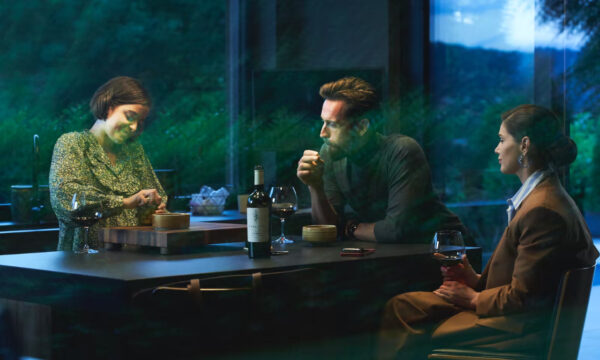
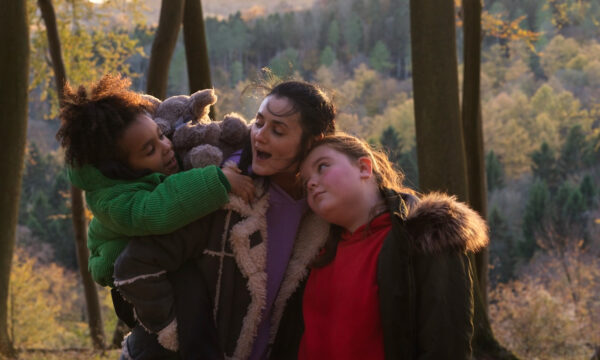
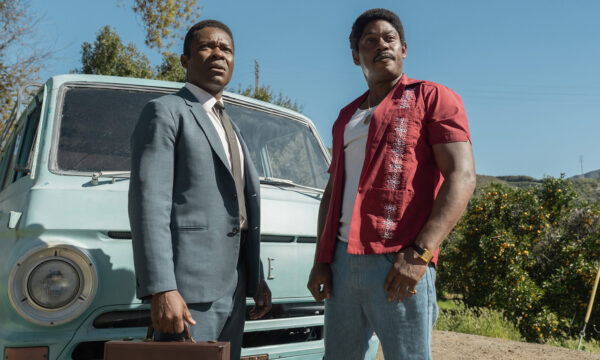
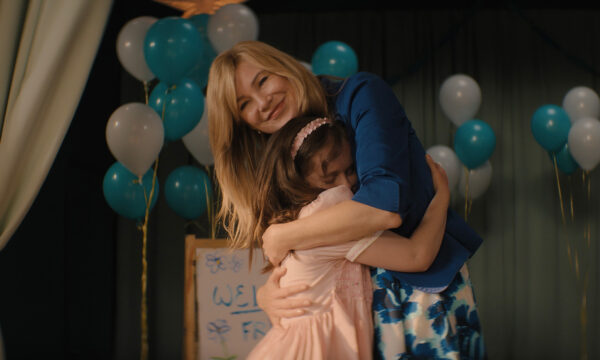
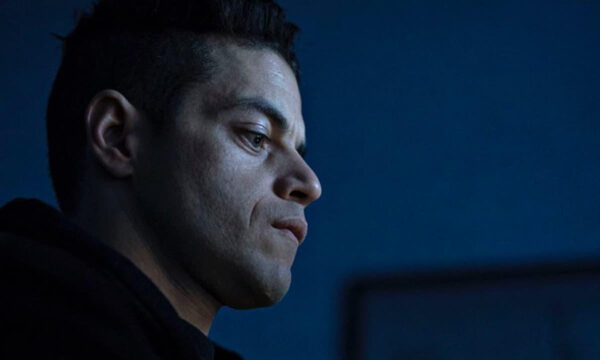
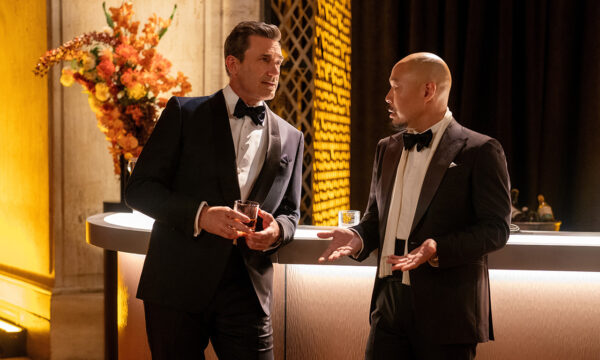
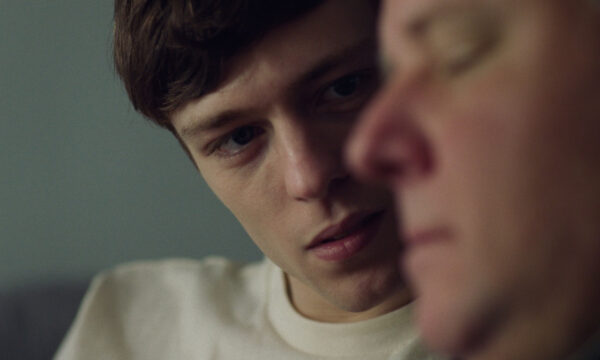
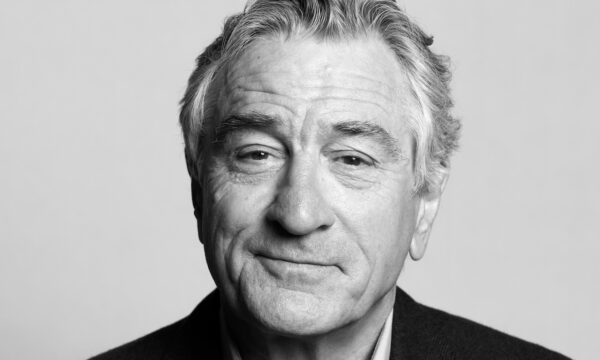
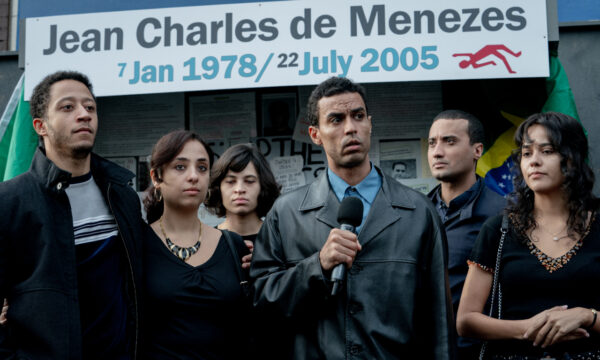














Facebook
Twitter
Instagram
YouTube
RSS